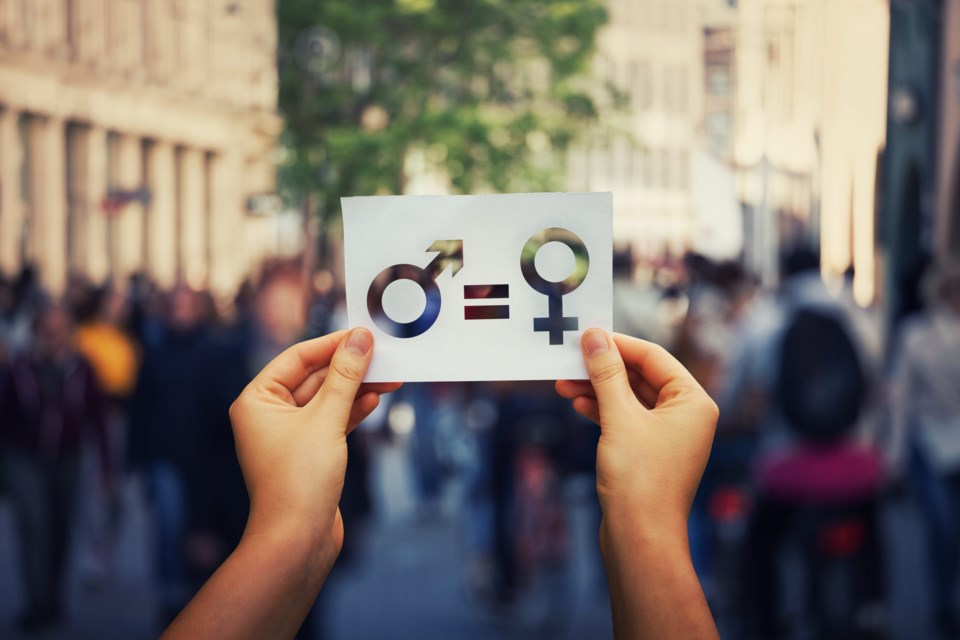According to a new study, Texas was named as the second-worst state in the country when it comes to women's equality.
The study, conducted by personal finance website WalletHub, determined the states with the best and worst equality situations for women based on three key categories: workplace environment, education and health, as well as political empowerment.
Within these three categories were a number of metrics that helped WalletHub figure out the equality rankings for each state. Among these metrics were income disparity, job security discrepancy, difference in advanced educational attainment between genders, U.S. Senate lawmakers disparity and more.
The Lone Star State found itself ranking 49 out of a possible 50 states because it placed quite low in the education and health (49 overall) and political empowerment (39) categories.
Texas ranked lowly in those categories because it scored poorly in areas such as the political representation gap between men and women (39 in the U.S.) and the gap between executive positions (32).
On a positive note, Texas did achieve an above-average ranking in the workplace environment category, placing 17th for entrepreneurship rate gap and 22nd for work hour disparity. Unfortunately, this result was not enough to pull the state out of the basement.
The only state to have a worse women's equality score than Texas was Utah, which ranked pretty much dead last in every major category.
Joining Texas and Utah among the country's worst offenders for women's equality was Idaho, Georgia and Missouri. On the flip side, the top five states with the highest-rated equality situations were first-ranked Hawaii, followed by Alaska, Maine, Delaware and Vermont.
In light of its findings, WalletHub also addressed the timely topic of inflation, and how it can affect the gender pay gap, by asking a number of experts about the subject.
"Sadly, according to recent research, 33.3% of men are more likely to have their salary keep pace with inflation than women," said Monica Taylor, director of gender, sexuality and women's studies at Montclair State University. "Women's salaries are just not rising as quickly as men's are. And again, corporations could deliberately address this and ensure that this was not the case, which would mean facing some of their sexist institutional policies and practices."
To put together its study, WalletHub gathered and evaluated data from a variety of sources, including the U.S. Census Bureau, U.S. Equal Employment Opportunity Commission, Center for American Women and Politics and Institute for Women's Policy Research, among others.
To view the study in full, head over to the WalletHub website.




